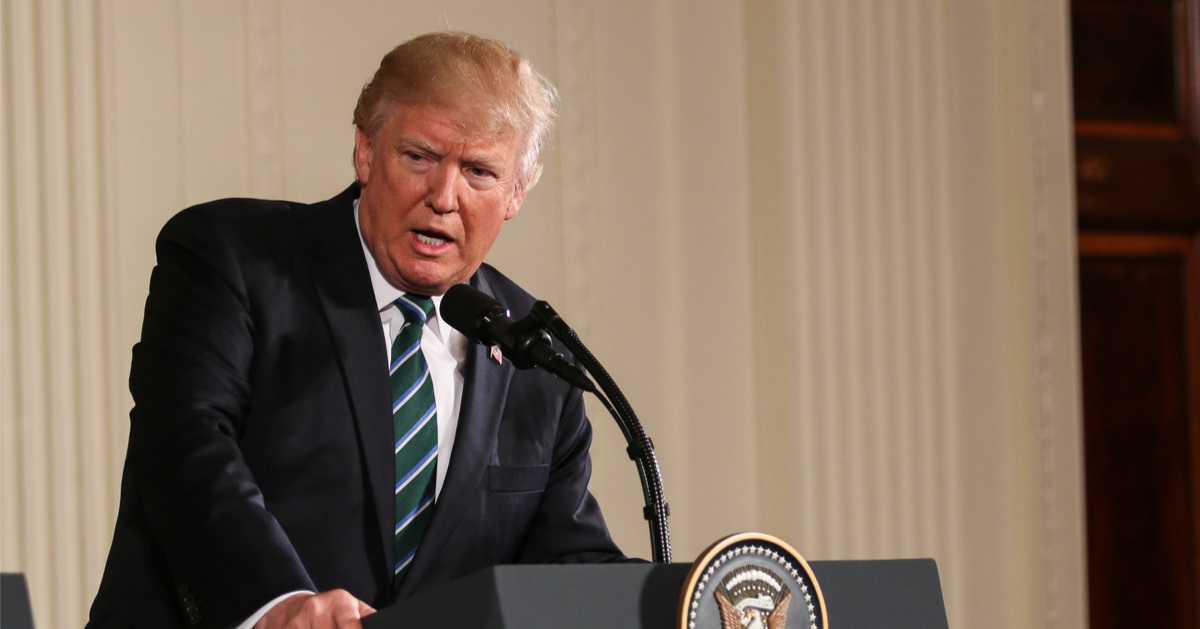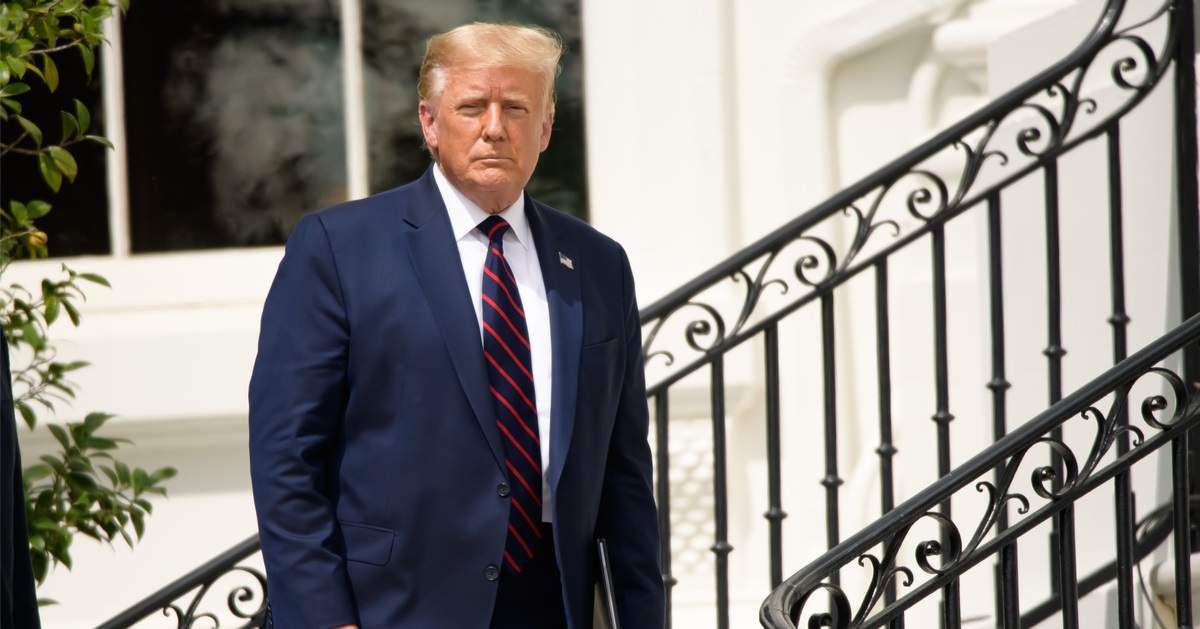Supreme Court unanimously rules against vape companies in dispute over flavored e-cigarettes
The Supreme Court unanimously sided with the FDA in a dispute with vape companies over flavored e-cigarettes marketed to children.
The 9-0 opinion, written by Samuel Alito, reverses a lower court ruling that curtailed the FDA's authority to regulate candy-flavored vape products with names like "Killer Kustard” and “Suicide Bunny Mother’s Milk and Cookies."
Supreme Court unanimous
Although flavored vapes are technically illegal, they remain widely available at gas stations and convenience stores. Anti-vape advocates said the Supreme Court's ruling should encourage the FDA to crack down on these products.
"Today's ruling is a major victory for the health of America's kids and efforts to protect them from the flavored e-cigarettes that have fueled a youth nicotine addiction crisis," said Yolanda Richardson, president of the Campaign for Tobacco-Free Kids, an advocacy group.
"While the FDA has authorized the sale of only 34 e-cigarette products, manufacturers continue to flood the market with thousands of illegal, unauthorized products," Richardson said in a statement. "To end this crisis, the FDA must deny marketing applications for flavored e-cigarettes and step up enforcement efforts to clear the market of illegal products. Today's ruling should spur the FDA to act quickly to do so."
Under a 2009 law, tobacco companies may not market new products unless the FDA finds they are "appropriate for the protection of the public health." To make that determination, the FDA considers, among other factors, if a product is likely to encourage existing tobacco users to quit smoking.
Beginning in 2016, the FDA started regulating e-cigarettes like tobacco products in response to a rise in underage vaping. This resulted in the mass denial of over 1 million vape products that failed to meet the FDA's standards.
Lower court reversed
The Supreme Court reversed the finding of the Fifth Circuit Appeals Court, which held that the FDA's denials were "arbitrary and capricious" because the agency changed its standards in the middle of the approval process.
The FDA has broad discretion to decide what scientific evidence it requires to make a public health ruling, the Supreme Cout said, rejecting vape companies' complaints that the FDA blindsided them by demanding specific kinds of studies.
According to the Supreme Court, the FDA's denial orders "were sufficiently consistent with its predecisional guidance" to pass muster.
The court's ruling sends the case back to lower courts for further review.
The Supreme Court noted that the FDA did not consider marketing plans, despite calling them a "critical" factor. The court ordered the Fifth Circuit to consider from scratch whether this constituted "harmless error."
''We are obviously disappointed in the outcome," said Eric Heyer, an attorney for e-cigarette manufacturers Triton Distribution and Vapetasi.
"Triton and Vapetasia continue to believe in the great harm reduction potential of their products for cigarette smokers. We look forward to further proceedings before the Fifth Circuit on the prejudicial error issue that the Supreme Court remanded."




